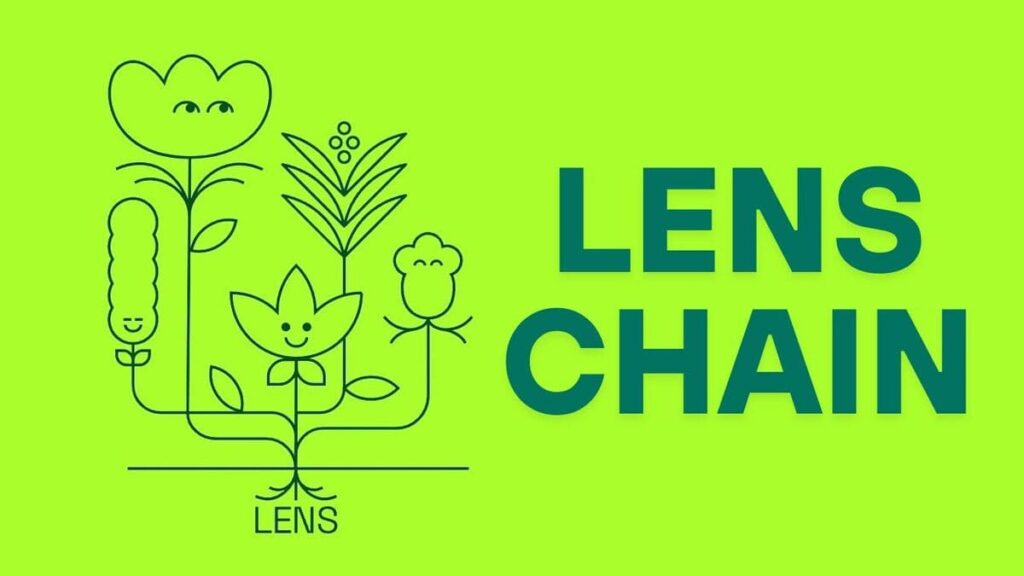TL;DR
- Lens launched its own EVM-compatible Layer 2 chain, migrating 125 GB of data from the genesis block to improve its capabilities.
- The network operates as a validium with Avail’s data availability technology and uses ZKsync’s stack to validate transactions through zero-knowledge proofs.
- Its goal is to offer full control over user data and interactions, enabling integrated monetization.
Lens Protocol announced the official launch of its own chain, a Layer 2 solution compatible with the Ethereum Virtual Machine that aims to improve the performance of decentralized social platforms, as well as their operability and data handling. This launch includes the migration of approximately 125 GB of historical records from the genesis block, one of the largest data transfer processes ever carried out on blockchain.
Lens Chain operates as a validium network, which means it does not store its information directly on Ethereum. To address this technical aspect, it uses Avail’s data availability solution.
This technology makes it possible to validate that the data exists and is accessible without requiring every node to maintain a full copy. The system relies on a sampling structure that reduces operational costs and increases scalability. In addition, the network is built on ZKsync’s stack, which allows transactions to be processed using zero-knowledge proofs. These proofs offer a verification system that protects privacy and reduces computational resource consumption.
The development of Lens Chain aims to allow users to retain full control over their data and interactions, facilitating the creation of social platforms with integrated tools for content publishing and monetization. Moreover, the ecosystem includes Aave’s GHO stablecoin as its native gas token.
Some Projects Are Already Migrating to Lens Protocol’s Chain
Some social projects such as Bonsai, Fountain, and Orb have already begun migrating their services to this new infrastructure. Lens, founded by Stani Kulechov in 2022, initially operated on Polygon. In 2023, it announced the construction of this new network and, although the launch was initially planned for late 2024, the team decided to postpone it a few months to complete the migration of data from the previous version.
Lens has raised around $46 million in funding rounds. In the most recent one, it raised $31 million with the backing of Lightspeed Faction, Avail, Circle, Consensys, Wintermute Ventures, and other investors. The network currently claims to have more than 650,000 users and positions itself as one of the most robust proposals for decentralized social networks.













